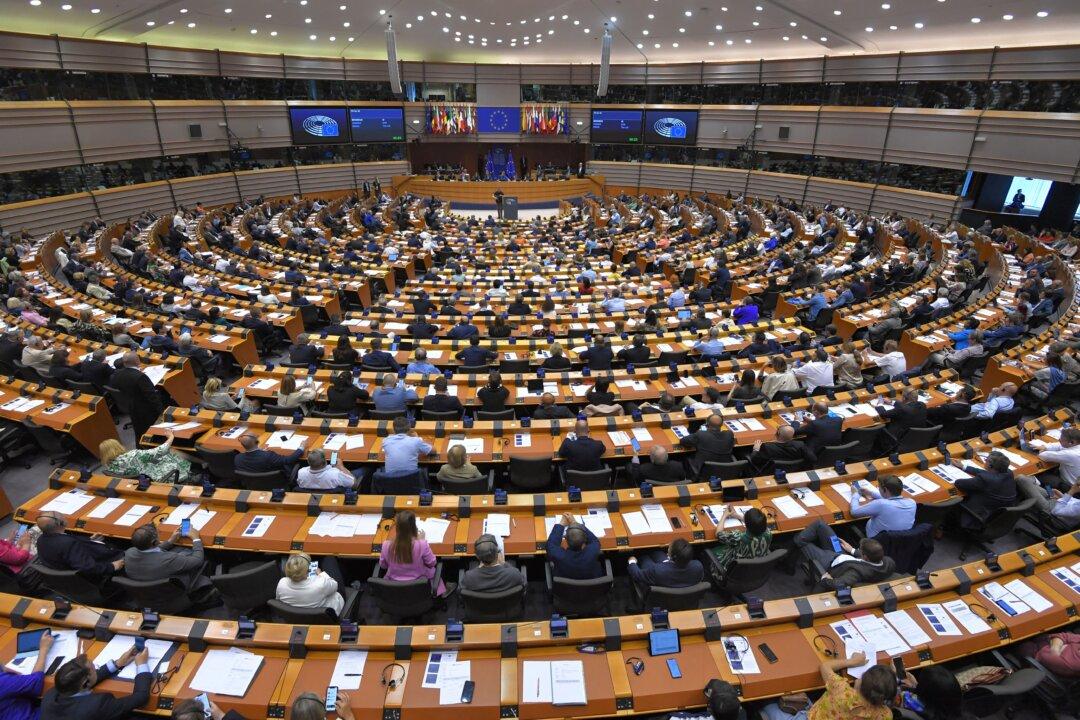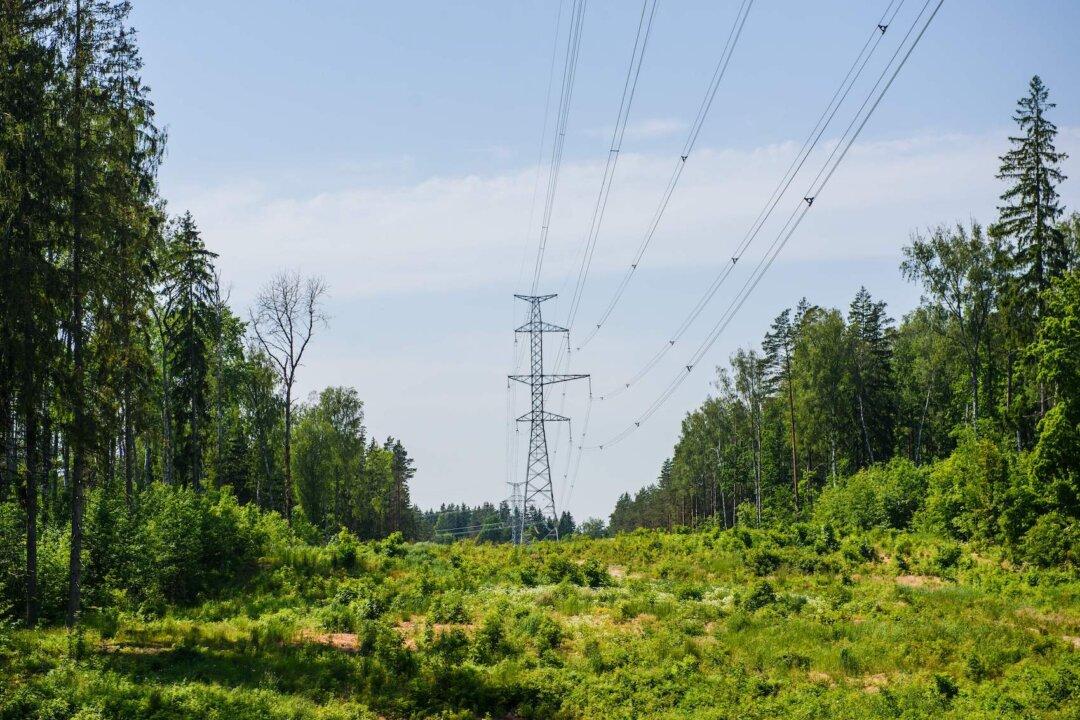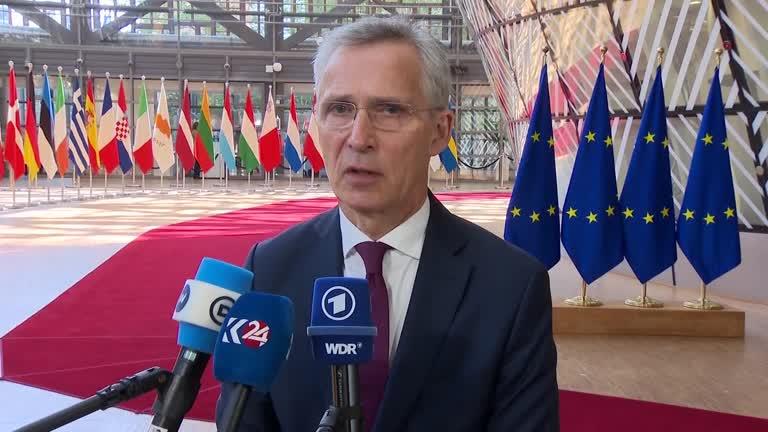The European Union is holding elections June 6 to June 9, in which citizens of each of the 27 member nations will elect their representatives to the European Parliament for a five-year term.
The European Parliament is the main legislative body of the EU and one of its seven institutions.
The main role of the European Parliament is to pass EU laws, together with the Council of the European Union, based on proposals made by the European Commission, the EU’s executive arm.
The EU’s parliament is made up of members representing all EU member states and is directly elected by the citizens of all EU countries.
Predictions
There are seven political groups in the current European Parliament. None of them holds the absolute majority.The third largest political group in the EU Parliament is the centrist Renew Europe group, which has 102 seats.
The European Conservatives and Reformists (ECR) and Identity and Democracy (ID) parties hold 68 and 58 seats, respectively, while two left-wing groups, the Greens/European Free Alliance (Greens/EFA) and The Left (GUE/NGL) hold 72 and 37 seats, respectively.
The number of seats held by The Left group is predicted to remain unchanged, but independents not affiliated with any political group will gain 30 seats, according to Europe Elects.
The European Council on Foreign Relations predicts the biggest winner will be right wing groups ECR and ID, which the council estimates will together gain 58 more seats.
The think tank also forecasts that the Hungarian conservative party Fidesz, whose EU parliament members are currently unaffiliated, is expected to win 14 seats. If Fidesz members elected in June decide to join the ECR group, then both right-wing groups—the ECR and ID—will have more seats combined than the EPP, the largest group, or S&D, the second largest group, the think tank said.
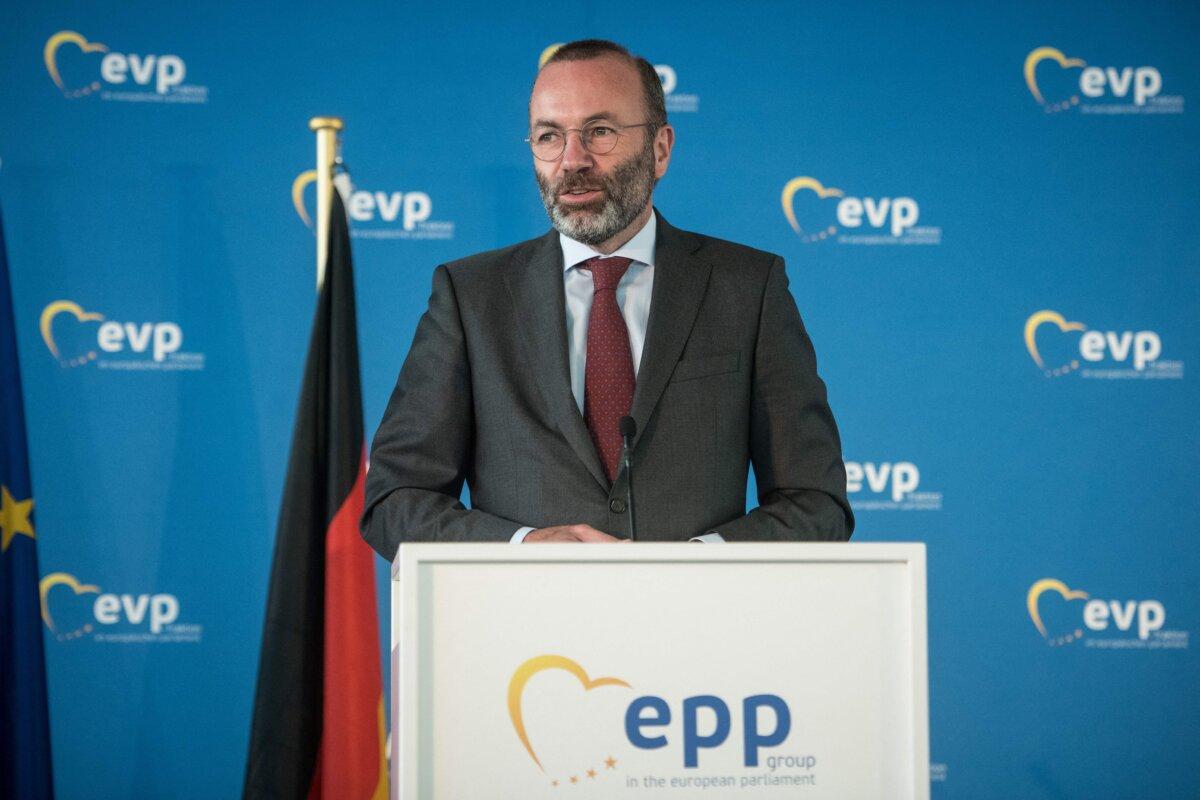
In the poll, conducted in the spring, 60 percent of respondents said they would be interested in the 2024 European elections and 71 percent would likely vote if the election were to be held within a week, according to Eurobarometer.
The European elections are the largest transnational elections in the world.
Political Spectrum
The current EU Parliament elected in 2019 is made up of 705 members, but the current parliament being elected will have 720 seats due to demographic changes in the EU countries.The EU Parliament will expand from 705 members elected in 2019 to 720 members this election due to demographic changes in the EU.
“Following the elections, France, Spain, and The Netherlands will each get two additional seats, while Austria, Denmark, Belgium, Poland, Finland, Slovakia, Ireland, Slovenia, and Latvia are attributed one extra seat each,” the EU Parliament said in a statement.
The Members of the European Parliament (MEPs) are organized by their political affiliation, not by nationality, according to the parliament website.
The EU requires that at least 23 MEPs representing at least one-quarter of the EU nations must come together to form a political group. There are also independent MEPs who have not joined any group.
EU Presidency
The president of the European Commission, the EU’s executive branch, will be selected from lead candidates put forward by each of the seven political groups of the European Parliament.After the elections, all 27 EU member countries nominate a candidate whose European political party wins the most seats in the election. The Parliament must then approve the nominee by an absolute majority. If the nominee does not get enough votes, the countries must put forward another candidate.
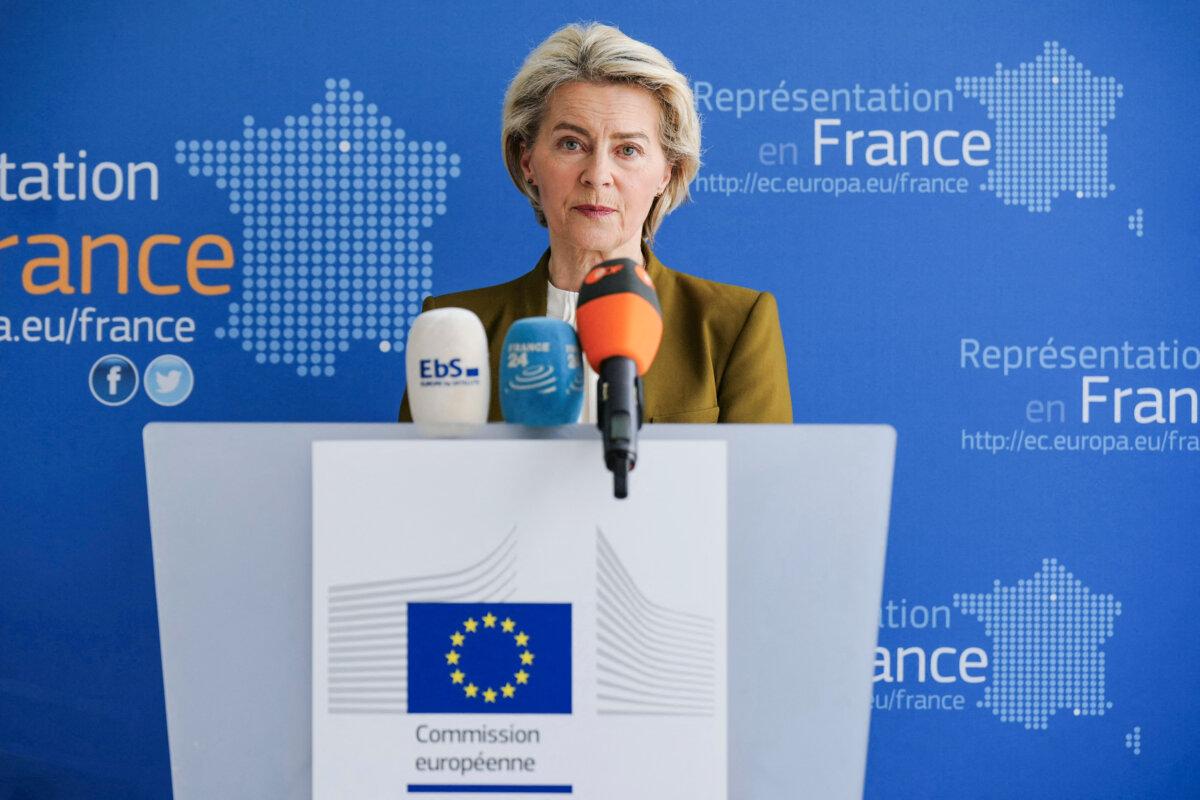
The ECR and ID parties have decided against nominating their lead candidates for the presidency of the Commission.
The ECR said in a statement that it was never in favor of the lead candidate system and that the system “was never fit.”
The incumbent President of the European Commission, Ursula von der Leyen, is affiliated with the EPP, which holds the largest number of seats in the parliament. She has also been nominated by the EPP as a lead candidate for a second term, but her candidacy will only be considered if the EPP wins the most seats again.
